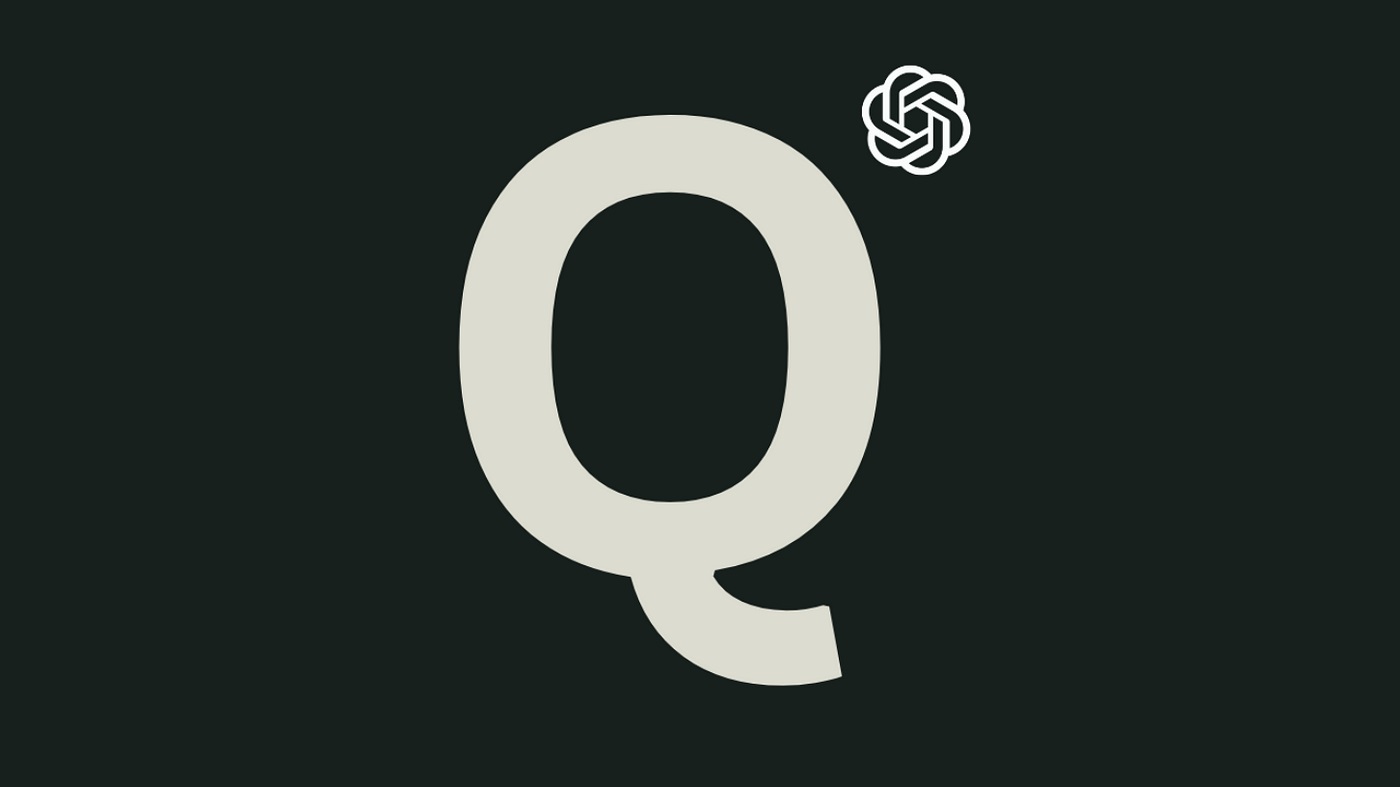On the same day that the AI Safety Summit was held at Bletchley Park in the UK, more than 70 individuals signed a letter advocating for a more open approach to the development of artificial intelligence (AI). The letter, published by Mozilla, emphasizes the need for openness, transparency, and broad access in order to mitigate the potential harms of AI systems.
Key Takeaway
Over 70 signatories, including Meta’s chief AI scientist Yann LeCun, have called for a global priority on openness and transparency in AI development to address current and future challenges.
The Debate on Open vs. Proprietary AI
Similar to the discourse that has surrounded the software industry for decades, the AI revolution has sparked a debate on the merits of open-source versus proprietary approaches. Yann LeCun, the chief AI scientist at Meta (formerly Facebook), criticized efforts by some companies, such as OpenAI and Google’s DeepMind, to establish “regulatory capture of the AI industry” by opposing open AI research and development.
LeCun expressed concern that if these companies’ lobbying efforts are successful, a limited number of companies would have control over AI, which could result in catastrophic consequences. This theme resonates within the governance discussions initiated by initiatives like President Biden’s executive order and the AI Safety Summit hosted by the UK.
The Call for More Openness
A group of individuals has signed an open letter advocating for greater openness in AI development. The letter acknowledges that open AI models come with risks and vulnerabilities that can be exploited by malicious actors, but argues that the same holds true for proprietary technologies. The letter emphasizes that increased public access and scrutiny actually enhance technology safety.
Esteemed AI researcher Yann LeCun, alongside other notable names such as Andrew Ng from Google Brain and Coursera, Julien Chaumond from Hugging Face, and Brian Behlendorf from the Linux Foundation, has endorsed the call for openness. The letter outlines three key areas where openness can contribute to safer AI development:
- Enabling greater independent research and collaboration
- Increasing public scrutiny and accountability
- Lowering barriers to entry for newcomers in the AI field
The letter highlights the importance of an open debate informed by open models in shaping regulations. It argues that a rush towards the wrong type of regulation can lead to power imbalances that hinder competition and innovation. To achieve safety, security, and accountability in AI, openness and transparency are seen as essential.

























